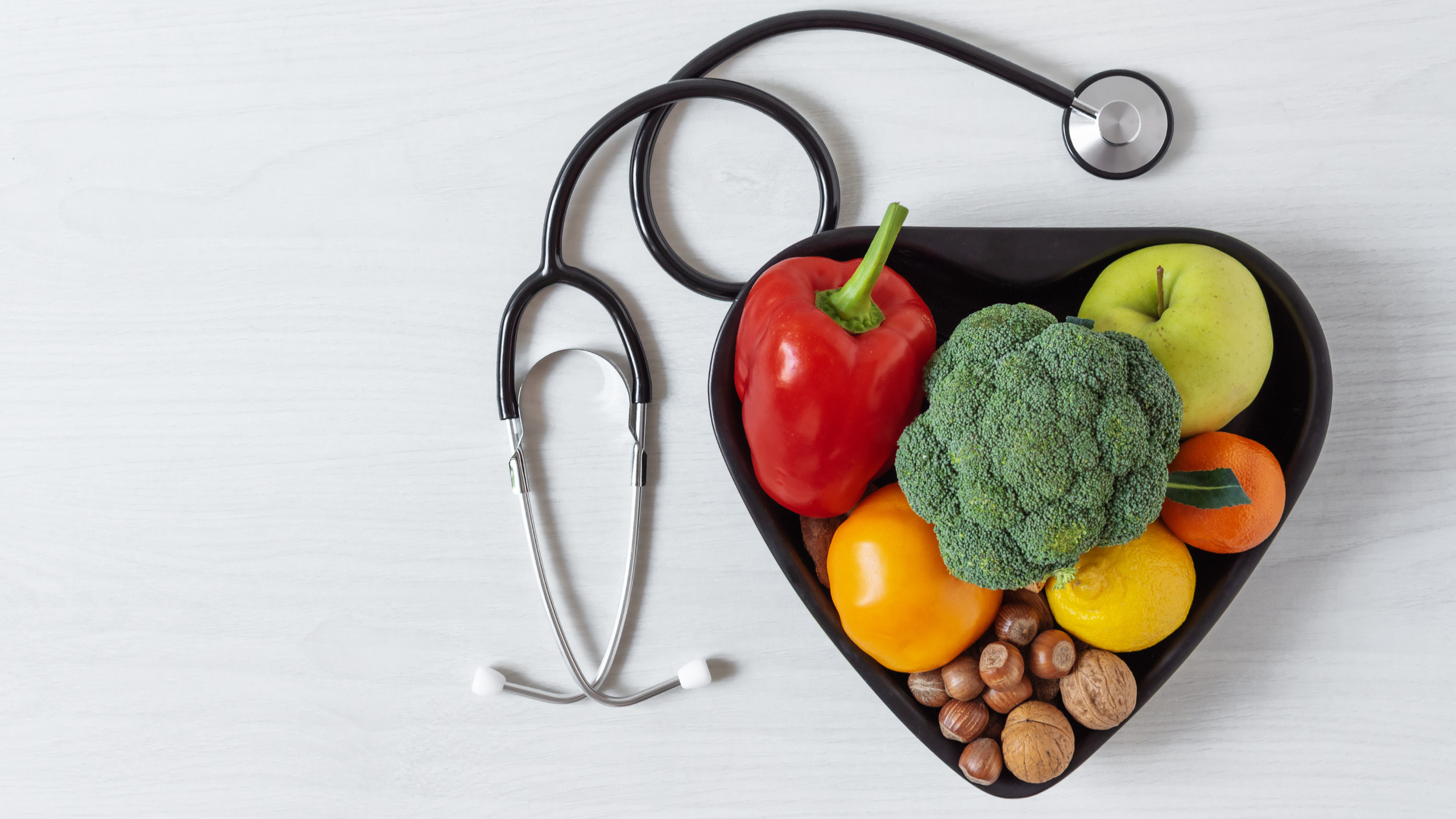What is the homocysteine test?
A homocysteine test is a blood test that measures the amount of homocysteine, an amino acid, in your blood. Higher levels of homocysteine may indicate a B vitamin deficiency and have been linked with increased risk of cardiovascular disease.
What does the homocysteine test measure?
A homocysteine test measures the amount of the amino acid homocysteine in your blood and can be used to diagnose a B vitamin deficiency or homocystinuria [1, 2].
Vitamins B6, B9, and B12 help break down homocysteine into other substances your body needs, leaving very small levels of homocysteine in the blood. When B vitamin levels are low, homocysteine can build up in the blood. For this reason, a homocysteine test is typically used to diagnose B6, B9, or B12 deficiency.
Doctors can also use this test to diagnose homocystinuria, a rare, inherited disorder that prevents the body from breaking down another amino acid called methionine. Because this disorder has serious health implications, most US states require infants to have their homocysteine levels checked at birth as part of their newborn screening [1].
People with elevated homocysteine may have a higher risk for cardiovascular disease because it damages the lining of blood vessels. Elevated homocysteine is associated with increased risk of blood clots, heart attacks, heart disease, stroke, dementia, and osteoporosis [3].
What do your homocysteine results mean?
Homocysteine levels are categorized as follows [2]:
Optimal: <10 µmol/L
Elevated: 10-15 µmol/L
High: >15 µmol/L
If your homocysteine level is >50 µmol/L, excess homocysteine may damage the lining of your arteries and can increase your risk of heart disease, blood clots, stroke, and heart attack [3, 4].
What factors impact homocysteine levels?
Vitamin B6, B12, and folate are needed to convert homocysteine into other amino acids and prevent homocysteine build up in the blood. Certain factors and health conditions can increase your risk for elevated homocysteine levels, including [2, 3]:
Older age (homocysteine levels can increase as you get older)
Menopause
Being male (men usually have higher homocysteine levels than women)
Drug and tobacco use
Drinking 4 or more cup of coffee a day
Excessive alcohol consumption
Deficiencies in vitamins B12, B6, or folate
Kidney or thyroid problems
Cancer
Psoriasis
Diabetes
Heart disease
Certain polymorphisms of the MTHFR gene
Rare inherited diseases, including homocystinuria
Groups at risk for high homocysteine
Older adults (especially males)
People with certain diseases including psoriasis, kidney disease, hypothyroidism, cancer, diabetes
Smokers
Heavy drinkers
Those with low intake of vitamin B6, vitamin B12, and/or folate
Drinking 4 or more cup of coffee a day
Individuals with homocystinuria
Diet & lifestyle strategies shown to improve results
Increasing your intake of folic acid (folate), B6, and B12 from foods may help lower your homocysteine level naturally. Some good dietary sources include:
Folate: Fruits, green leafy vegetables, fortified bread and breakfast cereals, lentils, chickpeas, beans, and asparagus
Vitamin B12: Sardines, clams (including the broth of boiled clams), tuna, trout, beef, milk, and fortified foods like breakfast cereal and nutritional yeast
Vitamin B6: Tuna, beef, fortified cereals, milk, chickpeas, chicken, and eggs
Quitting smoking, limiting your alcohol intake to <1-2 drinks/day and moderating your coffee intake (3 cups or less/day) may also help lower homocysteine levels.
Medications and supplements used to improve homocysteine levels
Medications
Levothyroxine: For high homocysteine levels caused by hypothyroidism, levothyroxine, may be prescribed alongside a folic acid supplement to improve thyroid function and lower homocysteine levels [5].
Betaine: Also known as betaine anhydrous, or trimethylglycine (TMG), betaine is often prescribed to individuals with homocystinuria along with B vitamin supplements to help control homocysteine levels [6].
Supplements
Vitamin B supplements are used to treat high homocysteine caused by a B vitamin deficiency. The common dosage to treat low vitamin B is: [2]
50 mg/day of vitamin B6
1,000 µg (1 mg)/day of vitamin B12
2,400 µg (2.4 mg)/day of folic acid, split into three doses.
References
Ganguly, P., & Alam, S. F. (2015). Role of homocysteine in the development of cardiovascular disease. Nutrition Journal, 14(1). https://doi.org/10.1186/1475-2891-14-6
Varga, E. A., Sturm, A. C., Misita, C. P., & Moll, S. (2005). Homocysteine and MTHFR Mutations. Circulation, 111(19). https://doi.org/10.1161/01.cir.0000165142.37711.e7
Homocysteine: Levels, Tests, High Homocysteine Levels. (2018, December 2). Cleveland Clinic. Retrieved June 8, 2022, from https://my.clevelandclinic.org/health/articles/21527-homocysteine
Homocysteine Test. (2020, December 3). Medline Plus (National Institutes of Health). Retrieved June 3, 2022, from https://medlineplus.gov/lab-tests/homocysteine-test/
Ziaee, A., Hajibagher Tehrani, N., Hosseinkhani, Z., Kazemifar, A., Javadi, A., & Karimzadeh, T. (2012). Effects of folic acid plus levothyroxine on serum homocysteine level in hypothyroidism. Caspian journal of internal medicine, 3(2), 417–420. https://www.ncbi.nlm.nih.gov/pmc/articles/PMC3861905/
Betaine: MedlinePlus Drug Information. (2016, September 15). Retrieved October 3, 2022, from https://medlineplus.gov/druginfo/meds/a608012.html

Share:
VLDL cholesterol overview
VLDL cholesterol overview